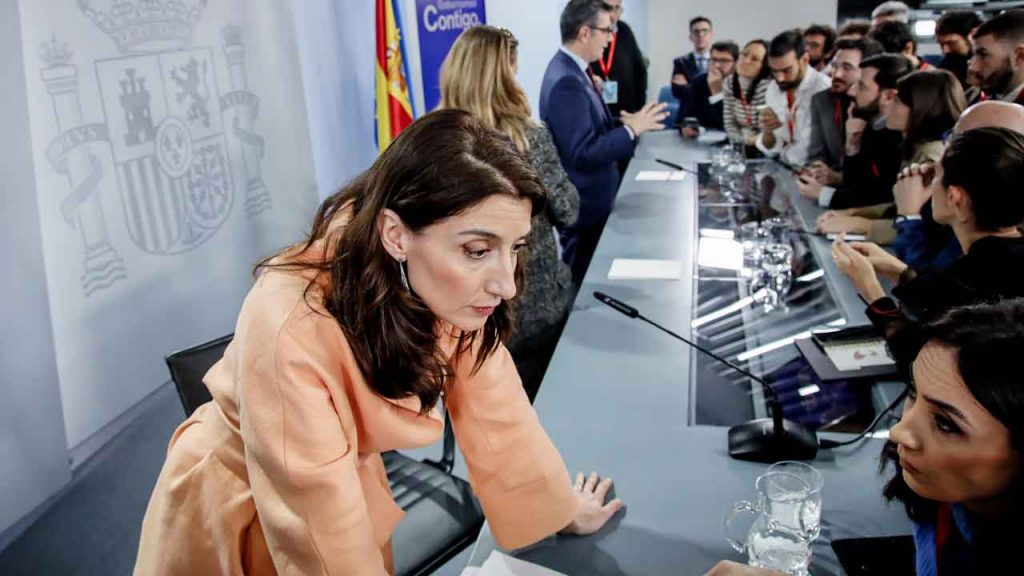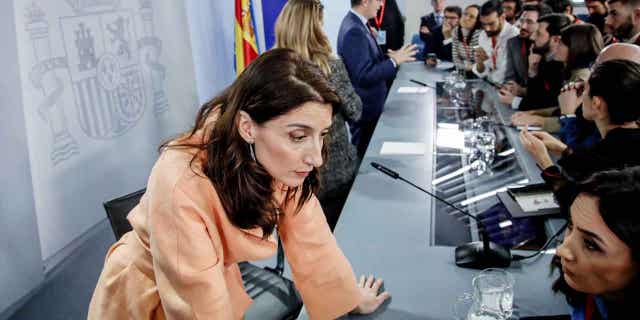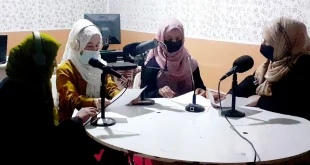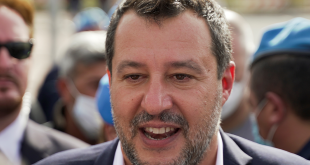
Spain’s government presented a new bill Tuesday with the goal of providing better protection for economically vulnerable migrants who are in the clutches of international human trafficking rings.
The proposed legislation was designed to help victims of different types of trafficking, from sexual exploitation and forced labor to the illegal sale of human organs, involuntary marriages and other criminal activities, Spanish Justice Minister Pilar Llop said.
Once a court confirms a person’s status as a potential victim, that individual would receive personalized and free legal assistance, Llop said, along with the ability to seek economic aid and help with housing. The bill also would create a new National Police surveillance office devoted to trafficking victims.
SPAIN’S COALITION GOVERNMENT PROPOSES TO REFORM SEDITION PENALTY
Spain’s Interior Ministry says Spanish police freed more than 1,000 victims from human exploitation rings last year. A large majority of the victims of sexual exploitation were women from Colombia, Paraguay, Romania and Venezuela. Police also freed two girls from Romania from forced marriages.
The legislation also would allow potential victims to seek assistance without having to accuse anyone allegedly involved in their trafficking. The provision is intended to reduce the fear of reprisals and to assuage concerns that migrants without permission to stay in Spain might face trouble from immigration authorities.
“There is nothing more important than the protection of the most vulnerable persons,” Llop said during a news conference in Madrid. “This is an ethical and democratic commitment of the first order.”
SPAIN SEIZES LARGEST AMOUNT OF MARIJUANA IN COUNTRY’S HISTORY

Spain’s Minister of Justice, Pilar Llop, at a press conference at La Moncloa Palace, on Nov. 29, 2022, in Madrid, Spain. Llop announced a new bill has been proposed to help migrants who are at risk to human trafficking.
(Carlos Lujan/Europa Press via Getty Images)
The junior member of Spain’s left-wing coalition government has criticized the bill as not going far enough. It wants all potential victims to receive permits to legally reside and work in Spain.
Llop acknowledged the proposal would likely undergo modifications before Spain’s Parliament votes on it.
CLICK HERE TO GET THE FOX NEWS APP
The differing viewpoints among members of the governing coalition comes amid a drawn-out debate in Prime Minister Pedro Sánchez’s Cabinet on a delayed transgender rights bill.

 Latest Breaking News Online News Portal
Latest Breaking News Online News Portal




